|
Dr Tom Cromarty Editor Interests: Paediatric Emergency Medicine, Medical Engagement and Leadership, Simulation, Quality Improvement, Research Twitter: @Tomcromarty |
Welsh Research and Education Network
WREN BlogHot topics in research and medical education, in Wales and beyond
Dr Celyn Kenny Editor Interests: Neonates, Neurodevelopment, Sepsis, Media and Broadcasting Twitter: @Celynkenny |
|
Dr Christopher Course ST5, Neonatal GRID Trainee The first South Wales & West BPD/CLD Symposium took place at the Holiday Inn Cardiff North on 12th June 2019. The day aimed to update delegates on the latest topics on the prevention and management of chronic lung disease of prematurity (CLD), also known as bronchopulmonary dysplasia (BPD). We attracted nearly sixty delegates from a multi-professional background from across the South Wales and West Country regions. The morning session focused on hot topics in the prevention of CLD. It started with an overview of the current trends in management of respiratory distress syndrome of prematurity, presented by Dr Chris Course. This talk highlighting changes in practice since the introduction of the Wales Neonatal Network RDS Management Guideline in 2016. Progress has been made in mechanical ventilation support and supportive care, but the data highlighted the ongoing need to optimise early care in the delivery room and aiming to stabilise on non-invasive respiratory support. This was followed by Professor Sailesh Kotecha (Cardiff University) presenting his groups ground-breaking work on the influence of pulmonary microbiome on the development of CLD, the negative impact of ureaplasma colonisation, and potential therapeutic interventions. Professor Sailesh Kotecha of Cardiff University Dr Malli Chakraborty (NICU, Cardiff)followed with an overview of the current evidence base for different mechanical ventilation strategies in preventing CLD, stressing the importance of minimising duration of mechanical ventilation, gentle ventilation modes (such as Targeted Tidal Volume mode) and future directions for support, such as NAVA (neutrally-adjusted ventilatory assist). The morning was rounded off with Dr Lieve Boel (NICU, Cardiff) giving an update on the latest research in antenatal and postnatal steroid management, discussing the emerging role of early postnatal hydrocortisone, and potential advances with intracheal instillation of steroids. The focus of the afternoon then shifted towards the management of CLD and the longer-term outcomes of CLD and premature birth. The afternoon started with a discussion on the role of palivizumab in reducing RSV-related morbidity and mortality for those babies with chronic lung disease, and the possible expanded role it may have for late preterms, who still have a higher RSV-related morbidity. Dr Aung Soe, (Medway Hospital Kent) Topic Expert for the NICE guideline on Specialist neonatal respiratory care for babies born preterm (https://www.nice.org.uk/guidance/ng124) highlighting some of the challenges of the NICE review process and summarising the recommendations. Dr Aung Soe presenting the new NICE guideline This was followed with a moving talk from two parents, whose daughter had been born extremely preterm and suffered with CLD. Their experiences were vitally important in bringing all of the science and guidelines discussed so far during the day to impact it really has on families. We rounded the day off with Dr Martin Edwards (Consultant Paediatrician, Children’s Hospital for Wales) presenting his research on the long-term respiratory outcomes of premature birth, stressing that abnormal lung function and increased respiratory morbidity persists through childhood and into adulthood, highlighting that if we can optimise their early respiratory care, we can have a positive impact on their health for the rest of their lifespan.
We would like to thank Abbvie ltd for their help in supporting the day and we hope to organise a similar symposium next year – please stay tuned to the WREN twitter feed and website for more information.
0 Comments
Leave a Reply. |
Editors
Dr Annabel Greenwood Categories
All
|


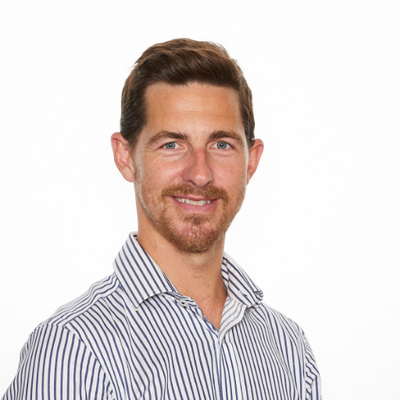
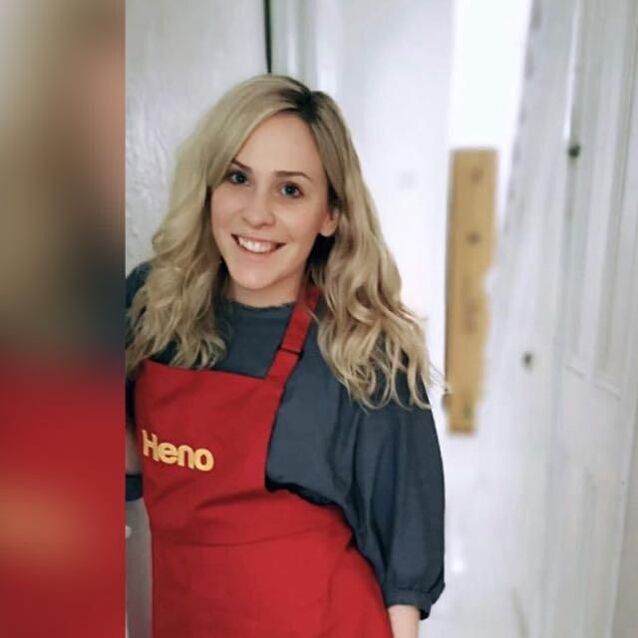
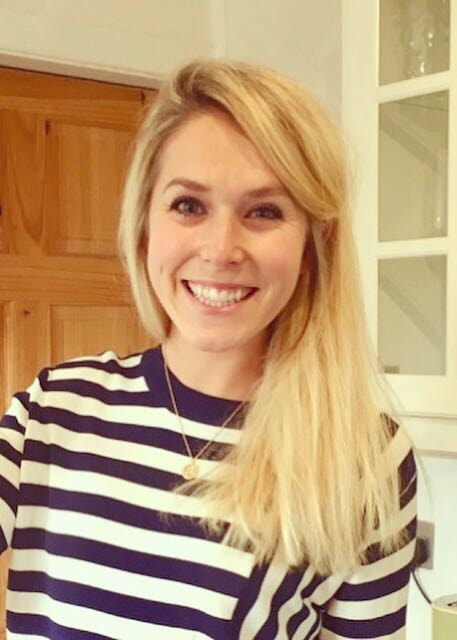

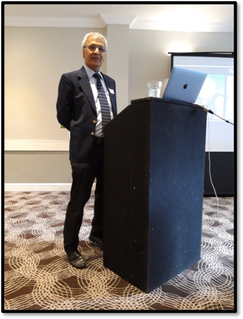
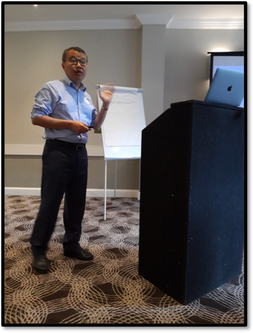
 RSS Feed
RSS Feed
